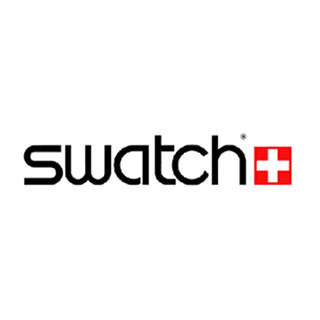The Swiss Watchmaking community in crisis
Provider of Swiss watch parts scaling back parts sales
The largest provider of Swiss watch movements, Swatch, has been lobbying for years to stop providing the parts to it’s competitors. It’s essentially the perfect storm for downfall for some of the smaller Swiss makers of luxury watches. For years, Swatch owned ETA has been providing movements to nearly all Swiss watch companies. By law, watchmakers need over half the parts to be made in Switzerland for the watches to be considered Swiss.
 The problem manufacturers are facing is the prohibitive cost of creating their own divisions to machine the billions of tiny parts that go into watches sold every year. And according to The Independent, Swatch has created a very nice little monopoly on movements over the past few decades:
The problem manufacturers are facing is the prohibitive cost of creating their own divisions to machine the billions of tiny parts that go into watches sold every year. And according to The Independent, Swatch has created a very nice little monopoly on movements over the past few decades:
It’s not so simple, as the smaller watchmakers who make the Swiss “scene” so fascinating for collectors will tell you. Since its formation in 1793, ETA has absorbed other movement manufacturers, including some of those that fell on hard times during the so-called Quartz Crisis of the 1970s and 1980s – when quartz watches from the Far Eastseverely damaged demand for their far more expensive mechanical forebears. The independent makers point out that Swatch Group is already the world’s largest manufacturer of watches, with sales last year breaking the Sfr7bn (£4.8bn) mark for the first time, and the withdrawal of ETA movements would leave Swatch to monopolise the market.
Small and medium independents that rely on ETA movements would go out of business, leaving Swatch Group to sail off into the sunset on board the mother of all superyachts and the industry facing a crisis comparable to the 1970s and 1980s, when 1,000 companies went bust and two thirds of the workforce was laid off. However, after years of lobbying, Swatch Group finally got a ruling last year from the Swiss competition commission, saying that it could begin cutting back its supply of ETA movements starting from January 1 this year.
What this could represent is large companies scrambling to create their own movements much like Rolex does and smaller companies either going out of business or losing their coveted “Swiss Made” stamp. Many companies have started new alliances with Japanese firms like Seiko.
Time will literally tell how this ruling shakes down through the industry and how many companies will be forced to innovate or chance closing their doors forever.














